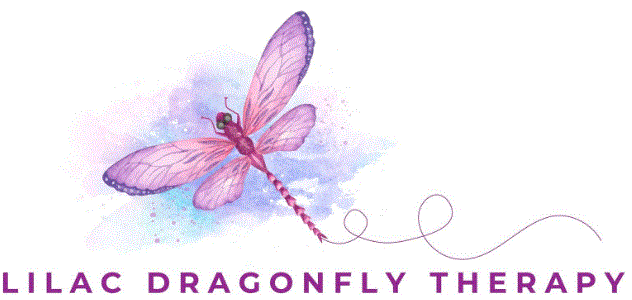Counseling for Trauma/PTSD/CPTSD
Most people will experience trauma in their lifetime whether it’s a car accident, abuse or neglect, the sudden death of a loved one, a violent criminal act, exposure to the violence of war, or a natural disaster.
While many people can recover from trauma over time with the love and support of family and friends and bounce back with resiliency, others may discover the effects of lasting trauma, which can cause a person to live with deep emotional pain, fear, confusion, or posttraumatic stress far after the event has passed.
In these circumstances, the support, guidance, and assistance of a therapist are fundamental to healing from trauma.
Understanding PTSD & CPTSD
Post-Traumatic Stress Disorder (PTSD) and Complex PTSD (CPTSD) are conditions that can develop after experiencing trauma, but they differ in their causes and impact. PTSD typically results from a single traumatic event, such as a car accident, natural disaster, or assault, leading to symptoms like flashbacks, hypervigilance, nightmares, and emotional distress.
CPTSD, on the other hand, arises from prolonged or repeated trauma—such as childhood abuse, domestic violence, or long-term neglect—and includes additional symptoms like difficulty with emotional regulation, deep-seated shame, and struggles with relationships and self-identity. While both conditions can be debilitating, CPTSD often affects a person’s sense of self on a deeper level due to the ongoing nature of the trauma.
Some Symptoms
According to the four types of symptoms listed in the
DSM-5.
Avoidance Symptoms
- Avoiding specific locations, sights, situations, and sounds that serve as reminders of the event
- Anxiety, depression, numbness, or guilt
Re-experiencing Symptoms
- Intrusive thoughts, nightmares, or flashbacks
Hyperarousal Symptoms
- Anger, irritability, and hypervigilance
- Aggressive, reckless behavior, including self-harm
- Sleep disturbances
Negative Mood and Cognition Symptoms
- Loss of interest in activities that were once considered enjoyable
- Difficulty remembering details of the distressing event/ brain fog
- Change in habits or behavior since the trauma
Treatment & Healing
Both PTSD and CPTSD can be effectively treated through evidence-based approaches that help reprocess traumatic memories and restore emotional balance. Eye Movement Desensitization and Reprocessing (EMDR) is a powerful therapy that helps the brain reprocess trauma so it no longer triggers intense emotional reactions. Other treatments, such as Cognitive Behavioral Therapy (CBT) and Trauma-Focused Therapy, can help individuals develop coping strategies, challenge negative thought patterns, and rebuild a sense of safety. For those with CPTSD, therapy may also focus on emotional regulation, self-compassion, and healing relational wounds. If you or a loved one are struggling with trauma, know that healing is possible, and support is available.
If you or someone you know matches the symptoms listed above, I am confident that I can help and invite you to contact me today for a free consultation.

